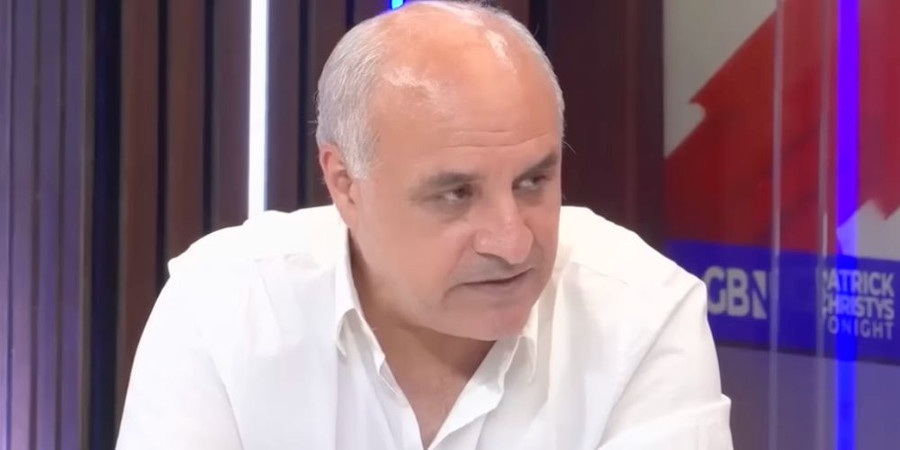President Bush's decision to send current Undersecretary of State John Bolton to New York as the nation's ambassador to the United Nations infuriated liberals, but heartened conservatives who know Bolton as a steadfast spokesman for U.S. interests who has expressed continuing skepticism about the UN and the multi-lateralism that so enthralls American liberals and their European counterparts. In fact, Bolton is a lifelong conservative who first came to Washington as a summer intern assigned to me while I was working for then Vice President Spiro Agnew in 1972. Later that year he played a key role in a major rules fight at the Republican National Convention in Miami, providing staff support to conservatives fighting to stave off "reforms" that would have shifted power to the likes of Nelson Rockefeller and the northeast. The rules adopted that year set the stage for Ronald Reagan's run in 1976 and his nomination for President four years later. After that convention, Bolton joined a major Washington law firm, but continued to volunteer his services to the cause. When then Sen. James Buckley (C.R.-N.Y.) and the American Conservative Union put together a coalition to challenge the constitutionality of the Nixon era campaign "reforms" that proved a precursor of the McCain-Feingold "reforms" of last year, Bolton stepped forward and convinced his partners to donate the legal time and talent needed to take the case to the Supreme Court. The decision in that case, Buckley v. Valeo, protected 1st Amendment rights and made it difficult for McCain and his friends to do even more damage to the electoral system last year. Since those early days, Bolton has been in and out of government. He worked in the Reagan White House, was dispatched to help reform the Agency for International Development, served as head of the Justice Department's Civil Division under then Atty. Gen. Ed Meese, went to the State Department as an assistant secretary and worked during the Clinton Administration as executive vice president of the American Enterprise Institute. He has been called names by the North Korean Communists, and UN Secretary General Kofi Anan was said by a State Department official to have "audibly gasped" when Secretary of State Rice called to inform him that the President is sending Bolton to New York to represent U.S. interests before the world body. So did former Democratic presidential candidate John Kerry who termed his appointment "inexplicable" and vowed to oppose his confirmation. The idea of Democrats' mounting a filibuster to stop Bolton on the grounds that he has too steadfastly stood up for his country's interests over a long and distinguished career and that he has not expressed the total faith in the UN and world opinion that so dominates their actions is something that only someone as out of touch as Kerry could even contemplate. Through it all, Bolton, who was praised for his intelligence, dedication and consistency when he was sworn into his current job by his old law school friend Clarence Thomas, has been just the sort of person Kerry can't stomach: a hard-headed, out-spoken, thorough-going conservative of the old school. In a critical piece on him a couple of years ago, the New Republic suggested that when he speaks one hears echoes not of today's trendy "neo-conservatives" but of Jesse Helms and Barry Goldwater. Just so.
John Bolton: Stalwart Movement Conservative
Kofi Anan "audibly gasped" when Rice informed him that Bush is sending Bolton to the UN
26809
Image:
Popular
View All-
Man who burned Quran outside Turkish Embassy in UK set to be accepted as refugee in US if appeal fails
-
3 Antifa thugs identified as suspects in beating death of French Catholic activist
-
MP Rupert Lowe launches ‘Restore Britain’ party for 'full-scale restoration' of UK
-
French nationalist brutally beaten by Antifa thugs dies after protecting women’s rights activists
-
Revealed: Russian opposition leader Alexei Navalny was murdered in prison with dart frog poison in 2024
-
EU Parliament adopts resolution declaring 'trans women as women'





